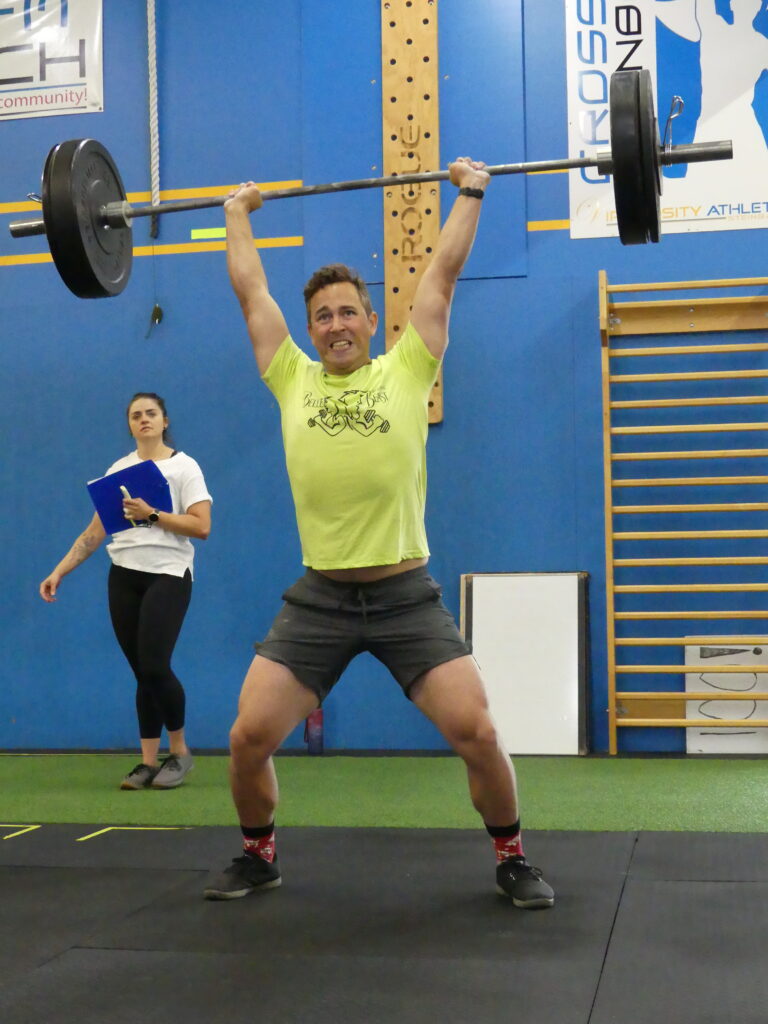
Why do we chase good technique?
“Knees out”, “chest up”, “hips back”, “pull the bar in close”, “pop the hips”, “relax the arms”, “get low in your squats”, “brace your core”… I’m sure you’ve heard all of those cues at some point. Maybe you’ve heard them so much that you hear your coach’s voice in your head as you’re moving!
But why is good technique important? Sure, safety is one reason, but doing an occasional deadlift with a slightly rounded back is not a guarantee of injury. It may increase the risk of injury, sure, but it’s not a guarantee.
Does this mean we never ever bend our spines out of the neutral position? Nope. It’s good to deliberately show your spine other positions, and to carefully load those positions (hint… not using a heavy deadlift weight). Real life is messy sometimes, and the ideal position is not always possible. Building resiliency in those positions can be helpful.
But… you’ve got to earn the right to be in sub-optimal positions. If you can’t repeatedly demonstrate a good deadlift position with a lighter load, you’ve no business loading that movement to the point where there’s a chance the weight might put you in a sub-optimal position.
Another big reason is efficiency. This means that you are moving in such a way that you can most effectively perform the task at hand, by making the most of your body’s leverage, power, and body mechanics. For something like a barbell clean, for example, this means harnessing as much of your leg drive as possible into moving the barbell quickly upwards against gravity.
Being efficient means that you can do the same movement, but with less energy output. It also means that you can load the body more, which increases the muscle and strength-building stimuli.
If you practice your squats using a full range of motion, your body gets more of that strength stimulus, and you get stronger in that full range of motion. If you don’t train it, you don’t get that strength benefit. “Full range” might mean different things for different people, but if you’ve got pain-free range of motion, you should be training those positions.
And lastly – we chase perfection because it trains the brain. Deliberately seeking out hard things to practice is how we get mentally tougher. Even if we don’t ever reach perfection, at least we’ve tried to be the best we can be, and we’ve gotten the benefits that come from that process.
Chase virtuosity.
